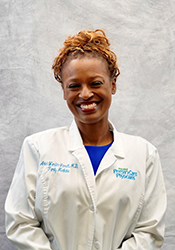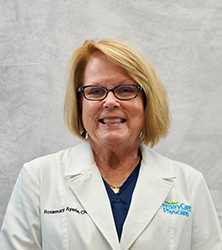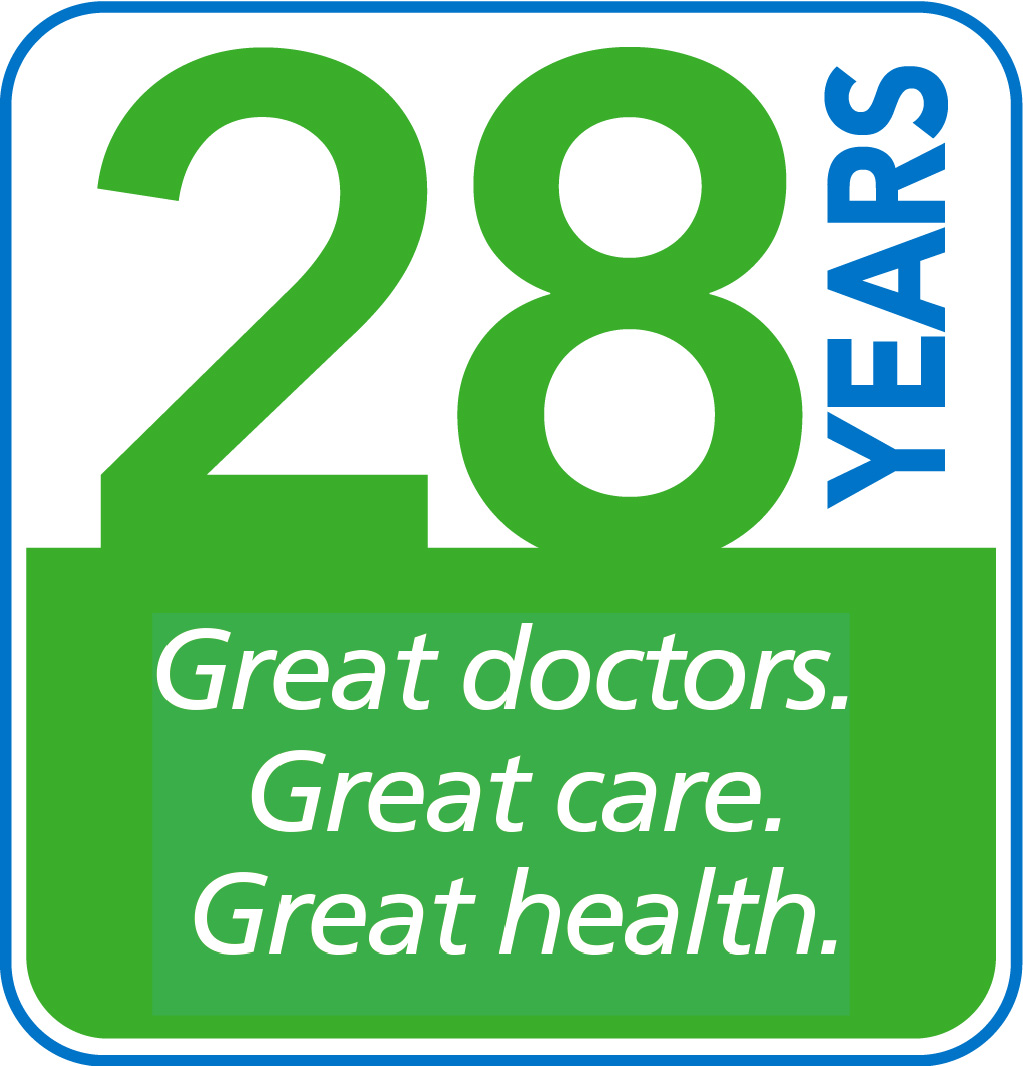By: ARIEL WARDEN-JARRETT, M.D.
Did you know that since the start of the pandemic, MPCP created ways to be more available to meet your medical needs? MPCP offers telemedicine visits to enable you to get medical care right in the comfort of your own home. This not only lowers your risk of being exposed to the coronavirus but offers a very convenient way of getting care. Telemedicine allows you and your provider to see each other while you talk together. It can be scheduled during regular office hours, but after-hours and weekend appointments are also available.
What equipment do I need for a telemedicine visit?
You just need your smartphone, an iPad, or a home computer with a camera and microphone. MPCP uses Zoom and a few other HIPAA-safe apps to connect with patients.
Is telemedicine really effective?
Most of our patients say it works very well for most appointments. Your doctor will listen to your symptoms and ask questions, just as if you were in one of our exam rooms. Using video, your doctor will be able to see things that will help make a diagnosis. But if there is a concern at the end of your visit that something is still unclear, your doctor will have you come into the office as safely as possible for a face-to-face evaluation.
Can I get a prescription filled from the visit?
Yes, your provider can send any necessary prescriptions to your pharmacy electronically. If you need blood tests, X-rays or other tests, your provider will arrange for you to get them safely.
How do I schedule a telemedicine visit?
You can simply call your MPCP office to schedule a telemedicine visit. If you prefer a particular video platform, just let the scheduler know when you make your appointment. Otherwise, a medical assistant will call you before your appointment to help you connect. You may also be advised to collect your medication bottles, gather information such as your blood sugar or blood pressure logs, and to take your temperature or weigh yourself prior to your visit.
What about after-hour appointments?
MPCP offers evening and weekend telemedicine visits for acute care (illness or injury) to better fit your schedule. Appointments can be scheduled Monday to Friday 5-10 pm, and Saturday and Sunday 10 am – 4 pm. Call 410-729-3368 to schedule an after-hours telemedicine appointment, or see this video to learn more.
Will my insurance cover telemedicine visits?
Yes, insurance companies are encouraging doctors to connect with their patients through telemedicine. However, deductibles and co-pays may be applied. You should check with your insurance company as it relates to your specific coverage.
 Dr. Warden-Jarrett is a Maryland Primary Care Physicians, LLC partner and is certified by the American Board of Family Medicine. She holds her medical degree from George Washington University School of Medicine and Health Sciences, and sees patients in the Bowie office.
Dr. Warden-Jarrett is a Maryland Primary Care Physicians, LLC partner and is certified by the American Board of Family Medicine. She holds her medical degree from George Washington University School of Medicine and Health Sciences, and sees patients in the Bowie office.





